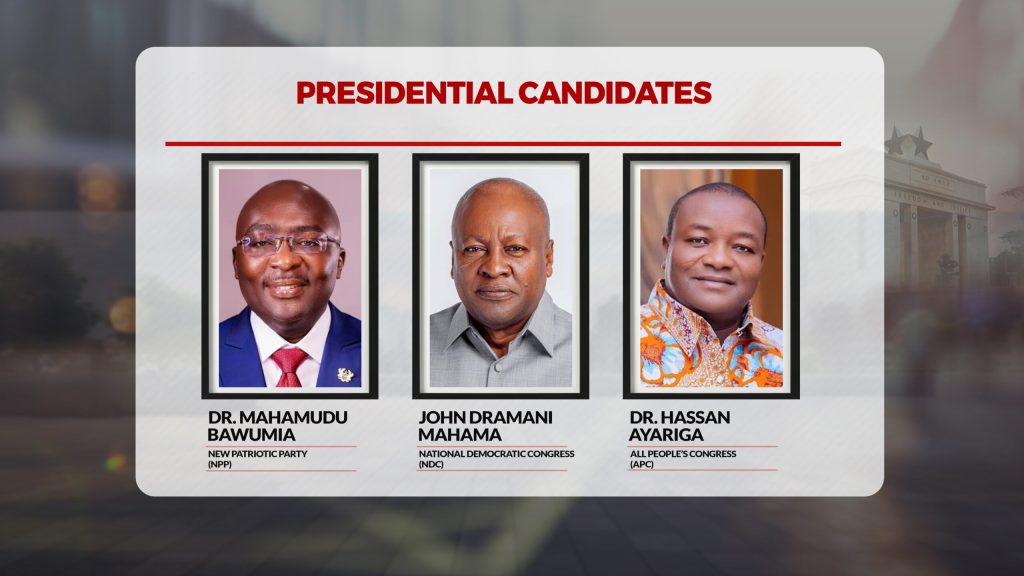On Friday, the electoral commission in Ghana approved 13 candidates, including the two main contenders, for the upcoming presidential election in December. The election is expected to focus heavily on the economy.
The election on December 7 will be held as Ghana continues its efforts to recover from a severe financial crisis in 2022, leading to the government defaulting on its external debt.
Ghana is a major oil, gold, and cocoa producer and is gradually stabilising thanks to a $3 billion relief package from the International Monetary Fund.
The upcoming election is anticipated to be a closely contested battle between Vice President Mahamudu Bawumia of the ruling New Patriotic Party (NPP) and opposition leader John Mahama of the National Democratic Congress (NDC).
The Electoral Commission confirmed the final list of nine party candidates and four independents after thoroughly examining the nomination forms to ensure compliance with legal requirements.
Among the independent candidates are former trade minister Alan Kyerematen, who parted ways with the NPP after internal disputes, and entrepreneur Nana Kwame Bediako, who has pledged a pan-African agenda focused on empowering the country’s youth.
Out of 24 individuals who submitted nominations, 11 were disqualified, according to the commission.
This election will mark the first time that two presidential candidates, Bawumia and Mahama, both hailing from northern Ghana, are running for office.
Bawumia aims to uphold the NPP’s hold on power after President Nana Akufo-Addo completes his second term, while Mahama is seeking to return to office after being voted out in 2016.
Tensions surrounding the election are already escalating, with the NDC organising recent nationwide protests to demand a forensic audit of the voter register.
The opposition alleges that the register contains the names of deceased individuals and illegally transferred voters, raising concerns about the election’s fairness.
Mahama has criticised the current administration for handling the financial crisis, while Bawumia, a key figure in the government’s economic recovery strategy, aims to continue policies designed to stabilize the economy and attract foreign investment.

